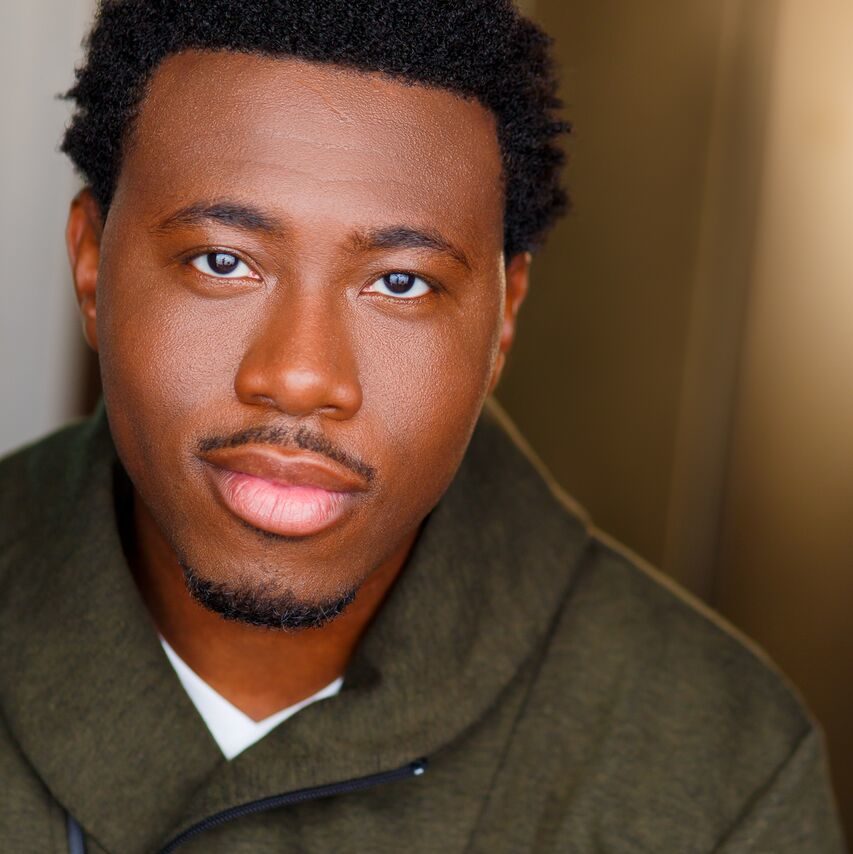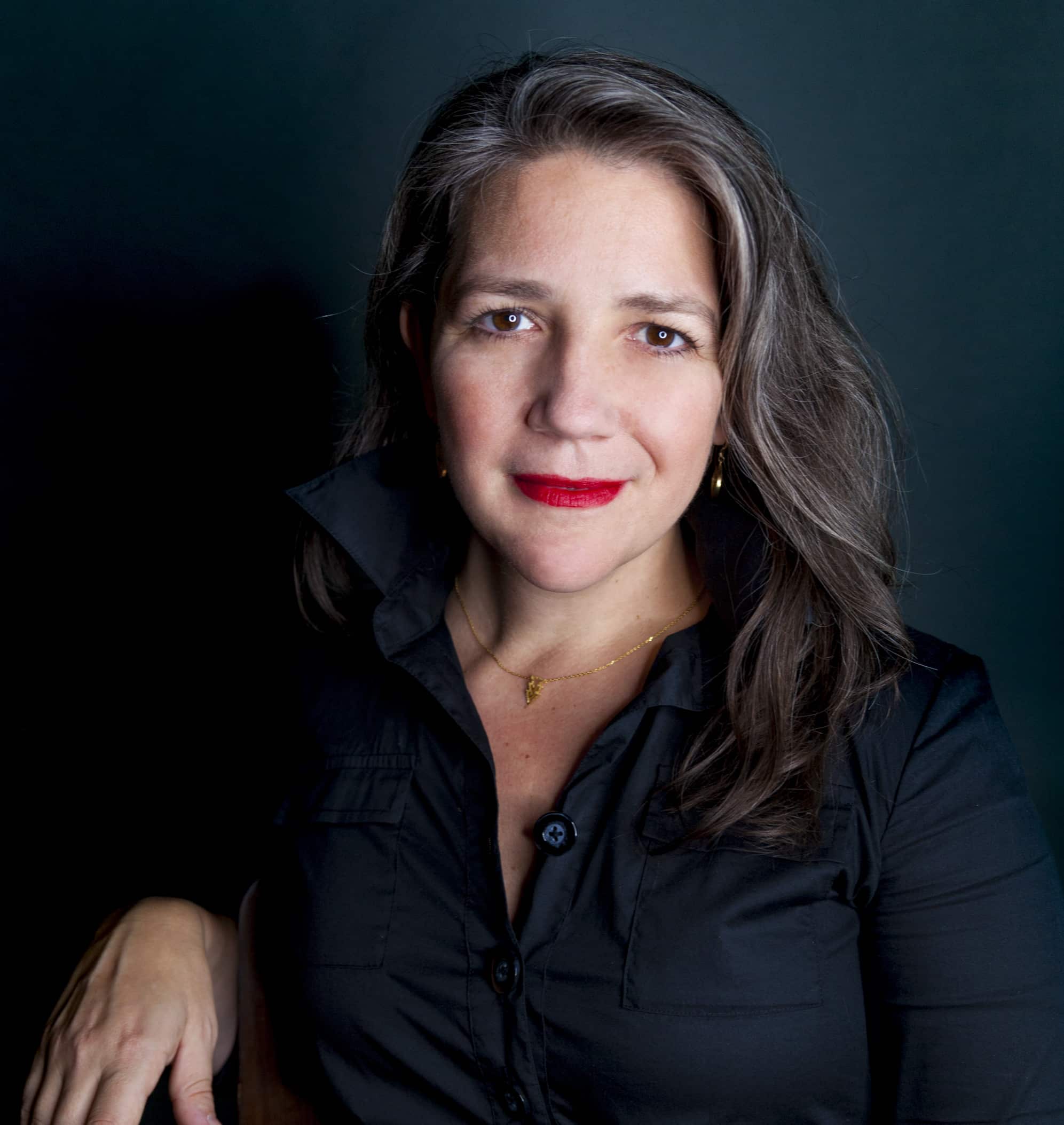 Luis Tubens aka Logan Lu
Luis Tubens aka Logan Lu
Born in Chicago’s West Town neighborhood and raised in Logan Square, Luis Tubens, aka Logan Lu, has performed poetry throughout the metropolitan area and North America, including with the GUILD COMPLEX, Tia Chucha Press, and the National Museum of Mexican Art. Luis graduated from Northeastern Illinois University in 2014 and was the 2017 Artist in Residence at Oak Park Public Library. He toured Mexico City in 2016 and 2018, presenting his work at the acclaimed “Show Socrates MX” (2016) and the National Book Fair of Leon GTO (2018), and was featured in Puerto Rico at “Poets Passage” and “Gathering of Cities” at Libros AC (2019). He has also held workshops for the residents of the Cook County Juvenile Temporary Detention Center and students in the Chicago Public Schools. On stage, he has opened for notable acts including Saul Williams and Calle 13. He is the author of Stone Eagle (2017) published by Bobbin Lace Press, Chicago. Currently, Luis is the resident poet for ESSO Afrojam Funkbeat (2016 Best New Band and Best International Music Act, Chicago Reader) and represented Chicago in the 2014 and 2018 National Poetry Slam. He has been a CPC Teaching Artist for three years and has taught residencies and performed in assemblies across Chicago and beyond.
Brown Solidarity for Black Lives
By Luis Tubens
The surrounding sound of shattering glass
The air, thick with angst
A chorus of hopeful chants
Sent electric shocks that shook State street.
Shouts of NO JUSTICE NO PEACE!
Filled the downtown corridors
Protesters, once pleading, praying for peace
Now refuse to ask for permission
As they clash with cops
On Wacker and Wabash
They knelt
In silence
for eight minutes and forty-six seconds
But it felt
Like an eternity
As the Sun bled behind the skyscrapers
The looting took over the night…
In Latinx neighborhoods the street gangs,
drunk from pride and beer
Use their false sense of power
To protect scared businesses
With bats and bricks
They guarded stores
But their rage brought
Underlying hate for anyone Black
Residents, who lived, bought, and worked
In those neighborhoods
Became the innocent targets
Of anti-black aggression
They were chased to their homes
Threatened in their cars
And insulted in the streets
But the neighborhoods did not let the gangs speak for them
When the Sun rose on the next day
The activists and artists responded
From the zocalo in Pilsen
An altar with pictures and candles
Frames the words “BLACK LIVES MATTER”
From a fierce bullhorn
Allies demanded an end
To the hate that separates us
They stood as shields
They marched on 18th street
They marched on 26th street
They marched on Division street
For Brown solidarity
With Black lives
For the gangs to see
That their ignorance
Will not be tolerated
They knew
Their work was not over
When the marches ended
They knew
It is time to take their solidarity
From the streets to inside their homes
And convert the tiring walks
Into uncomfortable conversations
And they knew
They are ready to fight their own families
With love and education
To conquer the hate
Luis Tubens’ Poet Spotlight: Martín Espada
Tubens: Espada’s poem speaks to me for two reasons. Through this poem, I learned about a piece of Puerto Rican history, my history, that was never taught to me. Not in schools, nor in my family did I ever hear of this story and I doubt that students in Puerto Rican elementary schools and high schools learned of the events in the poem. It is another example of education in the form of literary art which for me has been my main source of education. But I also love this poem because it illustrates how the work for social justice may never end, how we must keep on fighting, moving, and weaving.
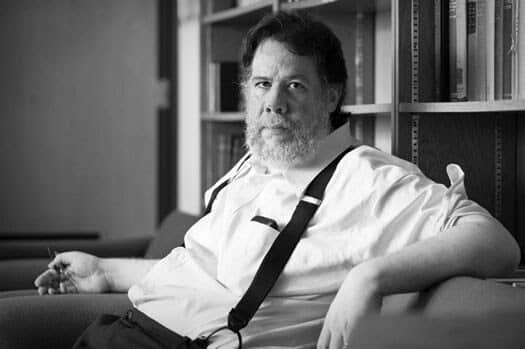
Rebellion is the Circle of a Lover’s Hands (Pellín and Nina)
for the 50th anniversary
of the Pone Massacre
By Martín Espada
The marchers gathered, Nationalists
massed beneath the delicate white balconies
of Marina Street,
and the colonial governor
pronounced the order with patrician calm:
fifty years of family history
says it was Pellín
who dipped a finger
into the bloody soup of his own body
and scratched defiance
in jagged wet letters on the sidewalk.
Around him stormed
the frenzied clattering drumbeat
of machineguns,
the stampede of terrified limbs
and the panicked wail
that rushed babbling
past his dim senses.
Palm Sunday, 1937:
the news
halted the circular motion
of his lover’s hands
as she embroidered
the wedding dress.
She nodded, knew
before she was told.
Years later, with another family
in a country of freezing spring rain
called Nueva York,
Nina is quietly nervous
when her son speaks of rifles
in a bullhorn shout,
when coffins are again bobbing
on the furious swell of hands and shoulders,
and the whip of nightsticks
brings fresh blood
stinging from the scalp.
But the rebellion
is the circle of a lover’s hands,
that must keep moving,
always weaving.
______________________________________________________________________________________
In the Author’s Note to the Curbstone Press publication of this poem, Espada explains that he translated his book into Spanish “in an effort to communicate with the peoples of Latin America who are the inspiration for many of these poems, as well as to bridge the gap between those Latinos, born in the U.S., who speak English as a primary language, and those more recent immigrants who speak predominantly Spanish.” In the spirit of these considerations, we reprint both versions.
Rebelíon es el giro de manos del amante (Pellín y Nina)
para el quincuagésimo aniversario
de la Masacre de Ponce
By Martín Espada
Los manifestantes se juntaron, Nacionalistas
aglomerados bajo los blancos balcones delicados
de la calle Marina,
y el gobernado colonial
pronunció la orden con calma patricia:
cincuenta años de leyenda familiar
dicen que fue Pellín
quien sumergió un dedo
en la sopa sangrienta de su propio cuerpo
y dibujó su desafío
en letras tortuosas y mojadas sobre la acera.
A su alrededor
el tamborileo enloquecido
de las ametralladoras,
el stampido de brazos y piernas aterrados
y el gemido atormentado
que barría, balbuceando más allá
de sus sentidos que se apagaban.
Domingo de Ramos, 1937:
la noticia
detuvo el movimiento circular
de las manos de su amante
que bordaba
su traje de bodas.
Inclinó la cabeza, sabría
antes de que se lo dijeran.
Años después, con otra familia
en una tierra de lluvia helada primaveral
llamada Nueva York,
Nina está calladamente nerviosa
cuando su hijo habla de fusiles
a gritos por un altoparlante,
cuando de nuevo los ataúdes se mecen
sobre la onda furiosa de manos y hombros,
y el latigazo de macanas
trae sangre fresca
ardiendo del cabello.
Pero rebelión
es el giro de manos del amante,
incesantemente moviéndose,
siempre tejiendo.
From Rebellion is the Circle of a Lover’s Hands Rebelíon es el giro de manos del amante Curbstone Press, 2002: Willimantic CT. Trans. Camilo Peréz-Bustillo and the author.
Chicago Poetry Center Team Spotlight: Greg Geffrard and Marty McConnell
Greg and Marty are CPC Curriculum Developers and have written and developed the Chicago Poetry Center’s new Racial Justice at Work curriculum, using contemporary poetry to engage in necessary conversations about racism and white supremacy. We’ll continue to share updates on this program; for more information now, email info@poetrycenter.org
Greg Geffrard
Greg Geffrard is an educator, actor, and spoken word artist. He has been dedicated to decolonizing spaces of art creation and has championed those willing to engage in the immediate conversation about what equity looks like within our institutions since moving to Chicago in 2012. He has been a teacher with Steppenwolf since 2015 and a Sexual Assault Prevention Educator since 2016. He has partnered with Chicago Inclusion Project, Steppenwolf Theatre, Northlight Theatre, Old Town School of Folk Music, and Chicago Arts Partnership in Education to facilitate challenging conversations, create curriculum and formulate initiatives to aid in the creation of brave spaces for art to be cultivated. He is currently creating Antiracist workshops with the Chicago Poetry Center and is an adjunct professor at Columbia College Chicago. His work broadly speaking focuses on the empowerment of historically dehumanized populations and being self generators of radical joy.
Smile
By Greg Geffrard
i reside at the intersection of two pandemics
both require that I hide my face behind a mask
we be the offspring of pilfered people utilized as props in someone else’s dream
Blk history polychromed and rinsed in cognitive dissonance
illusion of present day protection from police profiling comes in the form of a smile
pearly whites on display allow me to live another day while dying a daily inner death
breath stifled behind cloth adorned across the bottom half of my face
man of the cloth hoping not to be made holy and hashtagged
disarming strangers who see history before human no longer viable option
the irony that the hardest substance in the human body elicits the softest response
ever watch a lifetime of strife wash away from someone’s face
leaving behind only unapologetic wrinkles?
eyebrows now carry the burden of expression while my smile remains sheltered in place
teeth relegated to only parting to break down sustenance
which has been rationed or delivered
my cloudy lips will once again part as I reignite my competition with the sun
i see resistance and justice dance on the hopeful horizon
so I look forward to falling in love with tomorrow
i promised her i’d be there and
i don’t break my promises
Marty McConnell
Marty McConnell is a poet, educator, and healer based in Chicago where she provides vital coaching and consulting services to people and organizations, supporting them in being planful, proactive, and powerful in building the lives and worlds they envision. She is the author of when they say you can’t go home again, what they mean is you were never there, winner of the 2017 Michael Waters Poetry Prize; her first full-length collection, wine for a shotgun, received the Silver Medal in the Independent Publishers Awards, and was a finalist for both the Audre Lorde Award and a Lambda Literary Award. YesYes Books recently released her first nonfiction book, Gathering Voices: Creating a Community-Based Poetry Workshop. She is the co-creator and co-editor of underbelly, a web site focused on the art and magic of poetry revision. An MFA graduate of Sarah Lawrence College, her work has appeared in numerous journals and anthologies including Best American Poetry, Southern Humanities Review, Gulf Coast, and Indiana Review.
Radio silence, WENZ, WJMO, Cleveland
By Marty McConnell
I start down the road but I’m the road. Or
the stripes on the road. White. Edge-
indicative. A professor says, the history
of American music is Black history. He says it
to get a rise out of us but it’s true. Or might be
as true as anything. He’s teaching poetry
to a room of grad students paying
out the nose for degrees their parents
and other practical people know
to be without use. A road is practical.
Stoplights, guard rails, signage
regarding the merging of lanes:
practical. As a kid I learned
about the safety on a gun. A red button
pushed to keep it from firing. I learned
on a BB gun. For killing bats
in the family’s summer cabin. I presume
all guns have safeties, but I don’t know
a lot about them. I know it’s easier
to aim when you’re afraid. I know
how fear rises up from the knees, how it runs
up through the gut into the hands. I started
down this road and now I’m the road so
here: a man waited 1.5 seconds
to shoot a Black boy playing
with a toy gun. The man
was a white man. Police
man. The boy was 12, was Tamir, is
dead. The history of guns is a history
of safeties. I start down the road
but I’m the gun. I start
down the road but I’m the person
on the phone calling 911. I say it
to get a rise out of me. I say something
about safeties. Something about
Tamir’s sister tried to run to him
but was tackled and handcuffed
while he bled out from the gut
on the playground. It’s important
to say this. It is a thing my people
did. The term “paying out the nose”
has its origins in a Danish law
whereby delinquent taxpayers
were punished by having
their noses slit. It’s history. In an area
with a history of avalanches, signs
are posted: Falling Rock. In an area
with a history of murder, streets are named
after assassinated Black leaders. When I say
a history of murder, I do not mean music
though white men love murder ballads.
I do not mean music though frat boys
use Lil Wayne lyrics as an excuse
to say the N-word in public. Years ago
a man told me the history of American music
is Black history, and I believed him.
Turn it up now, whatever station it is.
I don’t know how to end this.
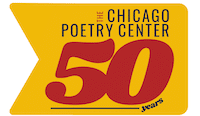
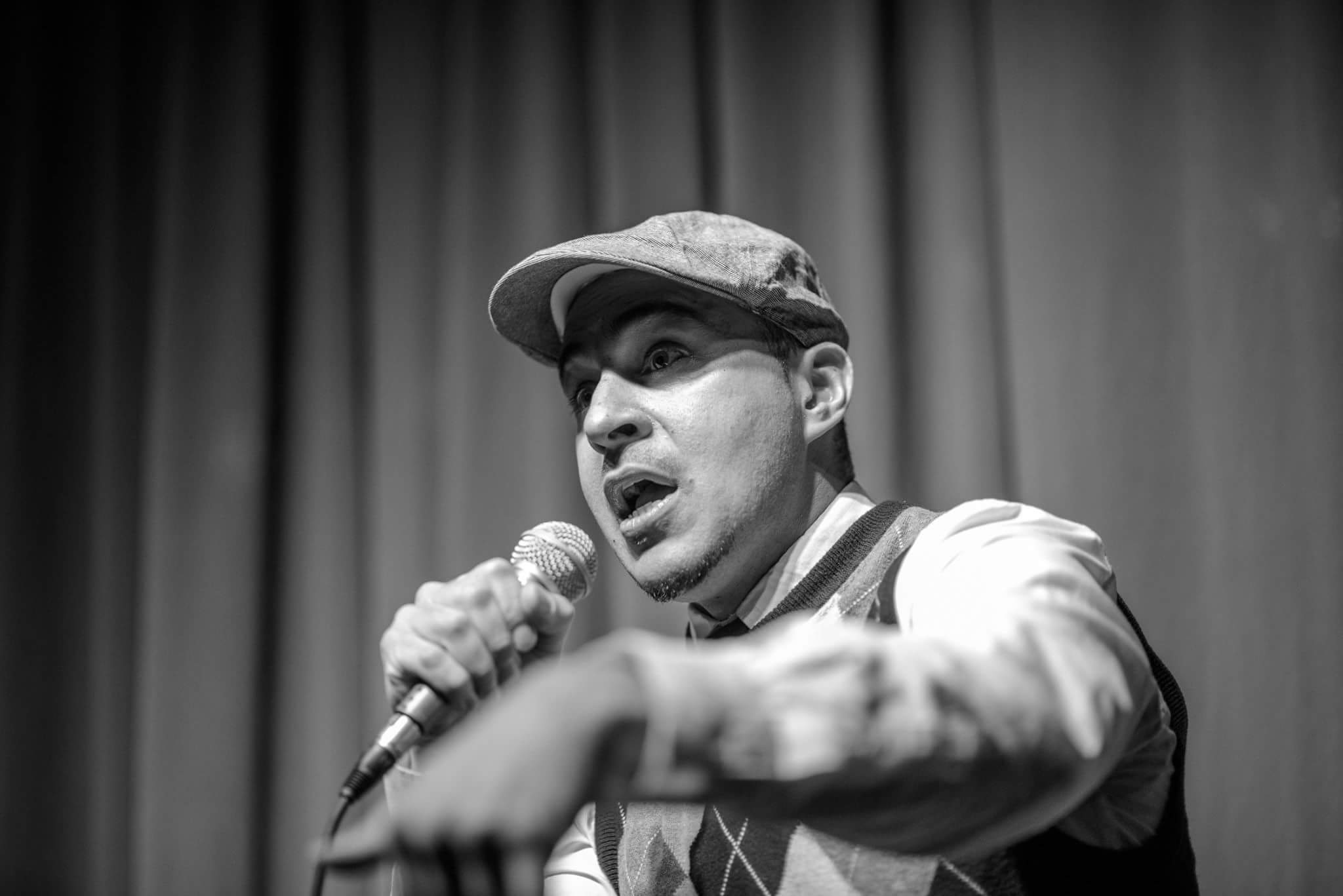 Luis Tubens aka Logan Lu
Luis Tubens aka Logan Lu 